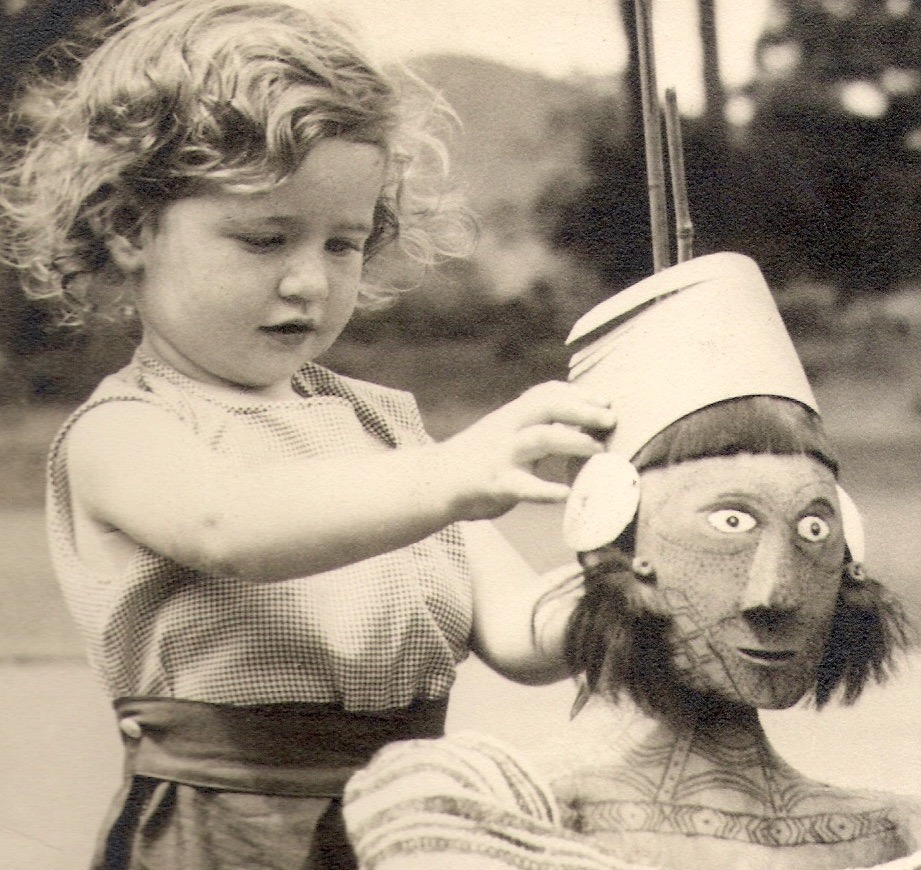Anne spent the first seven years of her life in India, constantly moving house and situation as a true “child of the Raj”.

Many impressions, of Rajput palaces, Gond villages, ancient monuments, mountains, rivers and plains, jungles, animals and a huge assortment of peoples, gave me a bank of memories and an insatiable curiosity that has continued throughout my life.
In the early ‘60’s this curiosity led me to discover the work of F M Alexander, to help me recuperate after a car crash in East Africa in which my mother and I nearly died, leaving me subject to muscular spasms that took away my ability to speak normally, walk, write or otherwise function competently.
I was lucky enough to land on the doorstep of Dr and Mrs Barlow, both teachers of the Alexander Technique who had trained with F M Alexander, and as I soon discovered, Marjory Barlow was Alexander’s niece. As my overall health and functioning improved it became obvious that this work was of such importance that I would need it for the rest of my life – and so it proved.
I applied to join the Alexander Technique Training Course run by Mrs Barlow and, once qualified, I stayed on working with the Barlows for the next 12 years, widening and deepening my understanding of the principles that underlie it. Marjory Barlow also invited me to assist her on her training course. I also taught at the Rada for 18 years working with talented young actors who are now household names. Running my own private practice was also extremely interesting, as people came to me from all walks of life, from aristocrats, actors and musicians to builders and cleaning ladies.
I worked for the Society of Teachers of the Alexander Technique in the early days, as general secretary and then Secretary. I learned how to run workshops and for a time was Chair of the STAT Training Course committee and set up the system of appraisal for new graduates which we call Moderation.
My greatest joy in this work is teaching newer practitioners the underlying principles of Inhibition and Direction, demonstrated by practical procedures of how to use this work for themselves. Alexander himself was practical man and had no time for any ideas which were not based on their application and use in real life.
What people have said about my work
“You just make everything seem better”
“Results, but not always what you expected”
“Anne’s accuracy and clarity means you really can work on yourself but enjoy doing so – serious play”